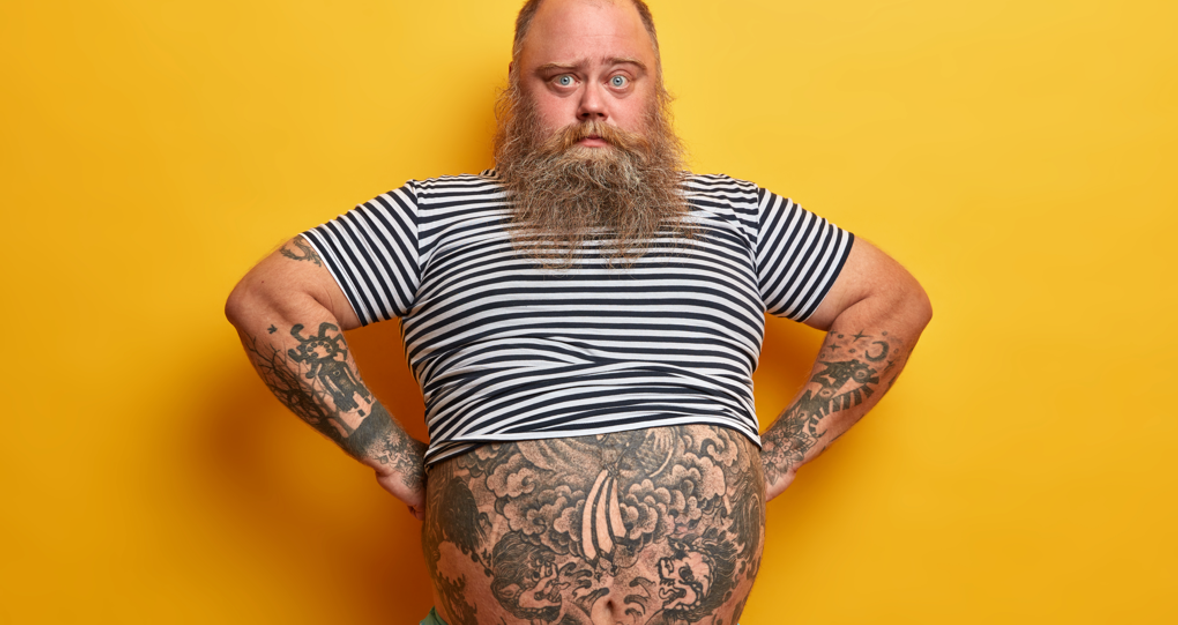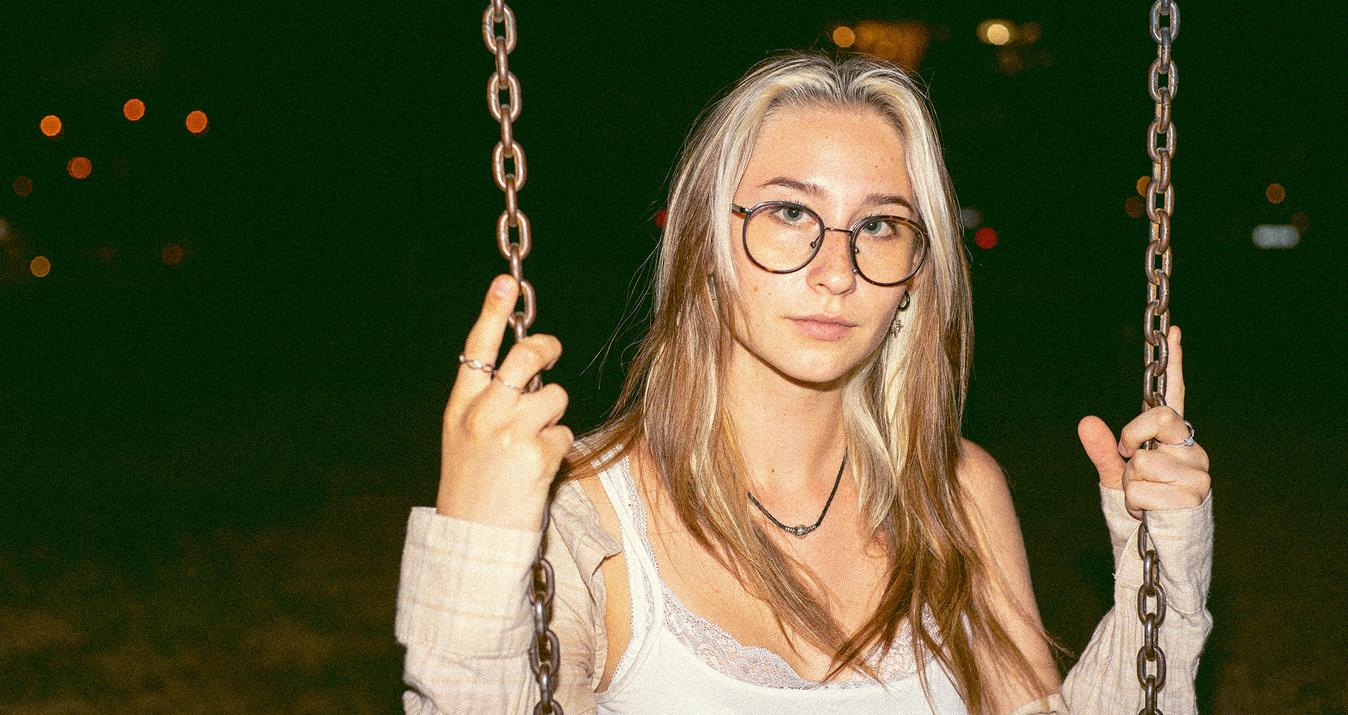Why Do I Look Fat In Pictures: Photo Appearance Tips
May 09, 2025

Ever asked, “Why do I look fat in pictures?” Learn what causes distorted images, how to pose better, and how to feel more confident in front of the camera.
In the era of Instagram-perfect images, looking “photo-ready” has become a source of anxiety for many. Social media is filled with idealized images that create unrealistic beauty standards, leading to discomfort and self-doubt when comparing ourselves. Offhand comments from others, like remarks about weight, further amplify these insecurities, which often date back to childhood.
We've all wondered, “Why do I look fat in pictures?”—only to see a different story in the mirror. This isn’t about vanity; it’s a reaction to distorted digital portrayals. The camera doesn't always capture our true beauty, but we can use techniques to showcase ourselves authentically. By understanding the reasons behind these discrepancies, we can not only improve how we look in photos but also foster a better self-image, one step at a time.
You may also like: Poses For Portrait Photography: Ideas And Concepts
Why Does Camera Add Weight?
 There’s no single reason why photos can make us appear heavier than we are. In fact, several technical and visual factors play a part. These include the lens used by the camera, the angle of the shot, lighting conditions, and even the clothes you wear.
There’s no single reason why photos can make us appear heavier than we are. In fact, several technical and visual factors play a part. These include the lens used by the camera, the angle of the shot, lighting conditions, and even the clothes you wear.
Exclusive Tools of Endless Possibilities in One AI Editor
Explore Now!Let’s take a closer look at each of these elements to understand how and why they affect your appearance in photos.
1. Lens Distortion
Wide-angle lenses—common in smartphones—can slightly distort your appearance, especially around the edges of the frame. This distortion makes closer body parts look disproportionately larger, contributing to the idea that “the camera adds weight.”
For example, a standard smartphone lens with a focal length of 24mm can distort facial features by up to 30%, depending on how close the subject is. A photo taken from a low angle might enlarge your lower body by as much as 20%.
At the same time, harsh lighting can wash out natural contours, making the face or torso appear wider. Combined, these effects exaggerate how we look—especially compared to what we see in the mirror.
2. Perspective and Camera Angles
Camera angle plays a significant role in how your body is perceived in images. A photo taken from below can make your lower body appear larger. On the other hand, a photo taken from above tends to create a slimming effect. This simple change in perspective can explain why you may look heavier in one picture and slimmer in another.
3. Lighting
Flat lighting, like the kind from an overcast day or overhead fluorescents, eliminates shadows that define facial and body contours. Without these shadows, your features may appear less structured and fuller. In contrast, directional lighting adds depth and contrast, helping sculpt a more flattering image.
4. Clothing Choices
Do pictures make you look heavier because of clothing choices? Yes, clothing can impact how the camera perceives your shape. Baggy outfits may add visual volume, while horizontal patterns can widen the frame. Form-fitting clothes in solid, dark colors are typically photographed best in photos.
Why Do I Look Bigger in Photos Taken with a Smartphone?
 Smartphone cameras often use wide-angle lenses by default, especially in selfie mode. These lenses increase the field of view, but may exaggerate the size of whatever is closest to them—typically your face or upper body. That’s why you might ask yourself, “Why do I look huge in pictures taken with my phone?” It’s not you—it’s the lens.
Smartphone cameras often use wide-angle lenses by default, especially in selfie mode. These lenses increase the field of view, but may exaggerate the size of whatever is closest to them—typically your face or upper body. That’s why you might ask yourself, “Why do I look huge in pictures taken with my phone?” It’s not you—it’s the lens.
How to Not Look Fat in Photos: Essential Tips

Tip 1: Use the Right Poses
Angle your body slightly away from the camera to create more dimension and reduce the width of your frame. A slight twist at the waist can make a significant difference.
Shift your weight to your back leg to naturally tilt your hips and elongate your posture. This also keeps your stance relaxed and elegant.
Avoid pressing your arms tightly against your sides; it flattens them and can make them look larger. Instead, leave a small gap or place a hand on your hip to define the shape.
Keep your chin slightly forward and down—not tucked in—to avoid the appearance of a double chin and to accentuate your jawline.
Stand or sit up straight withyour shoulders back. Good posture instantly enhances your look in photos and adds confidence to your presence.
If you're ready to dig deep into posing, explore practical body photography tips and poses that will help you feel confident and comfortable in front of the camera.
Tip 2: Mind the Camera Height
A camera positioned at or slightly above eye level is generally the most flattering. It elongates the neck and slims the face and body.
Tip 3: Play with Lighting
Natural light is your friend. Position yourself so light hits you from the front or side for soft shadows that enhance features. Avoid harsh backlighting unless it’s a stylistic choice. And to fix cases when lightning is the only problem in the ideal photo, explore the best free body editors to enhance your photos gently.
Tip 4: Choose Flattering Clothes
Opt for structured, well-fitting outfits that provide shape without adding bulk. Tailored lines help define your silhouette more clearly in photos.
Prefer vertical stripes over horizontal ones, as they guide the viewer’s eye up and down, subtly elongating your figure.
Monochrome looks can visually elongate your body by removing color breaks that segment your frame.
Watch hoodie details—bulky hoods or thick drawstrings can visually enlarge your upper body, especially around the shoulders and neck.
Mind the length of trousers or skirts: cropped pants can shorten the appearance of legs, while skirts that end mid-calf may highlight the widest part. Choose lengths that flatter your proportions.
Limit layering unless done intentionally. Multiple layers can add width to the camera, so style them to maintain structure and avoid visual clutter.
Tip 5: Use Editing Wisely
Tools like a slimming photo editor can subtly enhance your appearance without looking fake. It’s not about altering reality, but fine-tuning what the camera couldn’t capture right.
Just avoid over-slimming your waist or blurring your skin until it loses texture, as this can have the opposite effect, making your edits look unnatural or uncanny. Using a face thinner tool is perfectly okay. However, you recognize poorly done edits when you see them with stretched backgrounds or deformed clothing lines. Subtle enhancements keep your image realistic while boosting your confidence.
Restore Your Original Beauty with Luminar Neo
 Even the best-taken photos may need slight edits. Luminar Neo offers advanced AI-driven features that allow you to:
Even the best-taken photos may need slight edits. Luminar Neo offers advanced AI-driven features that allow you to:
Use a blemish editor to clear up skin imperfections.
Add contrast and shape with innovative lighting tools.
Apply slimming effects naturally with intuitive AI tools.
For quick touch-ups on the go, there are both mobile and iPad extensions. They bring desktop-level tools to your fingertips.
Your AI-Powered Photo Editor for MacOS and Windows
Discover Now!Conclusion
If you’ve ever thought, “I look fatter in pictures than in the mirror,” you’re not alone. Camera type, angle, lighting, and clothing can dramatically alter your photo appearance. Understanding how these factors work lets you take control of your image.
You don’t need to change or hate yourself — just change how the camera sees you.
FAQ
Why Do I Look Fatter in Pictures but Not in the Mirror?
Mirrors reflect a real-time, dynamic view with depth and motion. Photos flatten 3D into 2D, exaggerating shapes and altering proportions.
Does the Camera Really Add Weight?
Yes, due to lens distortion and poor angles. The myth has truth behind it — but it’s not about your weight.
How Do I Look Skinnier in Photos?
Practice better posture, use flattering lighting, and find your best angles. Editing tools like Luminar Neo can subtly enhance your shape.
Can Editing Software Help Me Look Slimmer in Photos?
Absolutely. A good slimming photo editor or face thinner tool can refine contours, remove shadows, and enhance lighting for a more flattering look.
Why Do I Look Bigger in Group Photos?
Camera settings often focus on the group’s center, distorting individuals closer to the edges. Standing slightly back or closer to the center helps.





